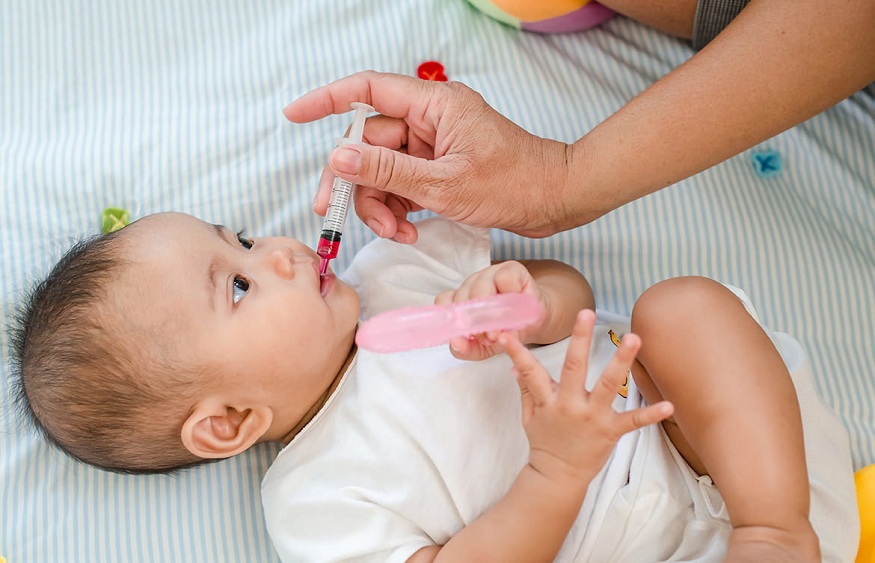When your child is in pain or running a fever, it can be concerning as a parent. You want to provide them with relief as quickly as possible, and one common choice is ibuprofen, often sold under the brand name Motrin. However, giving your child the right dosage is crucial for their safety and effective relief. In this article, we will explore Motrin dosing for kids and provide you with essential guidelines to ensure you are administering this medication correctly.

Consult with a Healthcare Professional
Before administering Motrin or any over-the-counter medication to your child, it’s essential to consult with a healthcare professional. This can be your child’s pediatrician or a pharmacist. They can offer specific recommendations based on your child’s age, weight, and medical history, ensuring you’re making the best choices for your child’s health.
Age-Appropriate Dosage
Motrin dosing for children is typically based on your child’s age. The following guidelines can be used as a general reference, but always consult with a healthcare professional for personalized advice:
Infants under 6 months: It is generally not recommended to give Motrin to infants younger than 6 months without a doctor’s guidance.
Children 6 months to 2 years: The recommended dose is usually 50 mg every 6-8 hours. This should be confirmed by a healthcare professional, as dosage can vary based on the child’s weight.
Children 2 to 11 years: The dosage varies based on the child’s weight. Typically, the recommended dose is 5-10 mg per kilogram of body weight, every 6-8 hours. A healthcare professional can provide precise guidance for your child.
Proper Measurement
It is vital to measure the medication accurately to avoid underdosing or overdosing. Use a calibrated dosing device or syringe that is provided with the medication. Never use a regular household spoon, as it may not provide an accurate measurement.
Timing and Frequency
Follow the dosing schedule recommended by your healthcare professional. Motrin is generally administered every 6-8 hours. Do not exceed the maximum daily dosage, as it can lead to adverse effects. It’s also important to give your child Motrin with food or milk to reduce the risk of stomach upset.
Monitoring for Side Effects
While Motrin is generally safe when administered correctly, there can be side effects, including upset stomach, ulcers, and bleeding. Watch for signs of these side effects and contact a healthcare professional if your child experiences severe stomach pain, black or bloody stools, or vomiting blood.
Combining Medications
Avoid giving your child multiple medications that contain ibuprofen. It’s essential to check the ingredients of any over-the-counter medication to prevent an accidental overdose. Consult with a healthcare professional if you are unsure.
When to Seek Medical Attention
If your child’s condition worsens, or if they experience symptoms such as difficulty breathing, swelling, or a severe allergic reaction after taking Motrin, seek immediate medical attention.
Conclusion
Proper Motrin dosing for kids is essential for their well-being. Always consult with a healthcare professional to determine the appropriate dosage based on your child’s age, weight, and medical history. When used correctly, Motrin can provide effective relief from pain and fever, ensuring your child’s comfort and safety. Remember, it’s essential to prioritize your child’s health above all else and make informed decisions when using any medication.






Leave a Reply